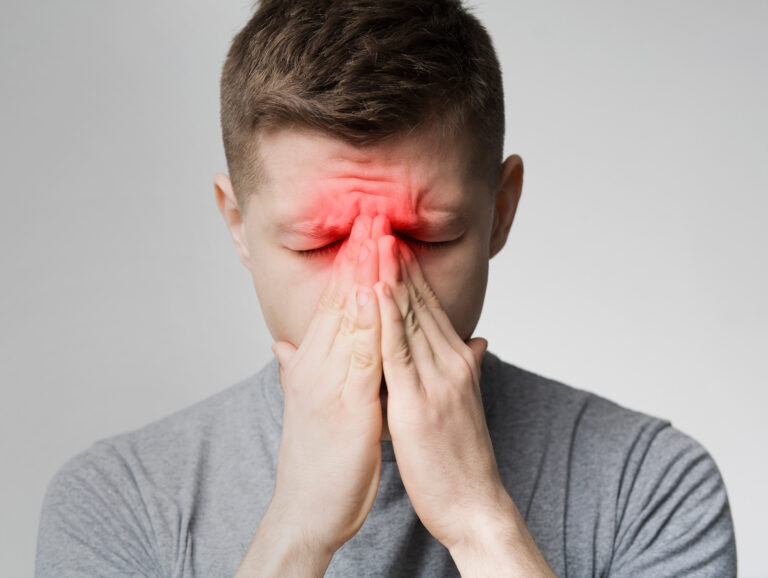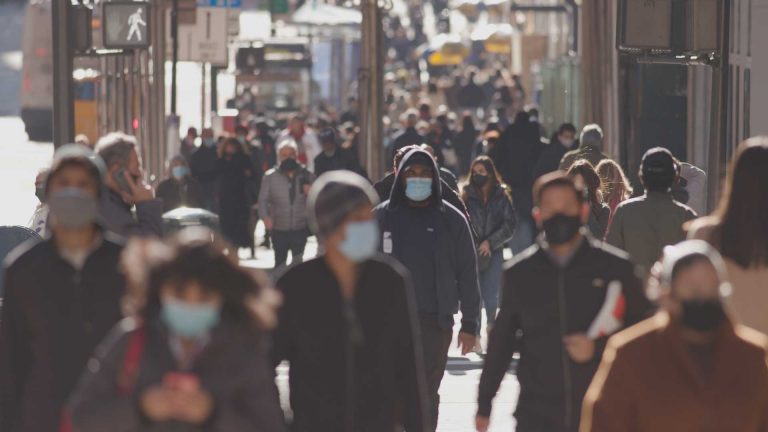How Climate Change is Affecting Our Health
Our weather has been the topic of conversation more than usual this year. According to climate.gov, “Globally, June 2023 set a record for the highest monthly sea surface temperature anomaly of any month in NOAA’s 174-year record.” Smoke from Canada’s most destructive wildfire season reached European skies. There were nine tropical storms and Antarctica saw record-low sea ice extent. Is this affecting us at all? Could it affect our overall health?
The US Environmental Protection Agency (EPA) says that climate change poses many threats to the health and well-being of all Americans. It can affect the food we eat, the air we breathe, and the water we drink. The frequency or intensity of extreme weather can spread certain pests and diseases. This can also create new health issues we haven’t been faced with yet. Poor respiratory health is one of the most common health effects of climate change and because of this, people with respiratory diseases, such as COPD, can be the most at risk due to the climate change. The change in temperature and humidity can make it hard to breathe for anyone but especially those on oxygen therapy.
What can we do to protect people from the impacts of climate change? First thing’s first, we must understand the risks to people and stay up to date on health trends to be proactive. Monitor the air quality before you leave your home. If the air quality is poor, try to limit your outdoor exposure. High temperatures can also affect how medical devices perform. The safest temperature range for your portable oxygen concentrators, such as Precision Medical’s 5-liter POCs, is between 60- and 70-degrees Fahrenheit. Check the temperature before planning to spend a lot of time outdoors with your POC. Learn more about the heat and portable oxygen concentrators in this article.
If you want to take a look at August climate predictions, visit the U.S. Climate Outlook for August 2023.







